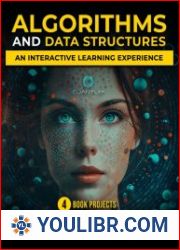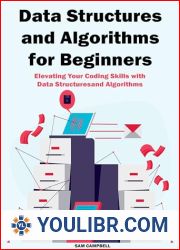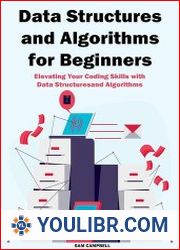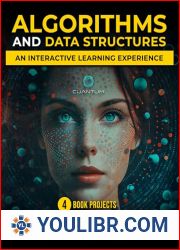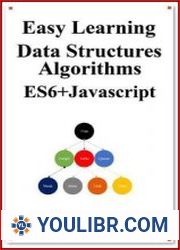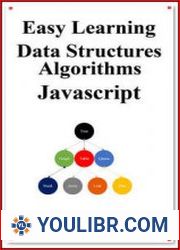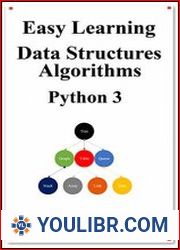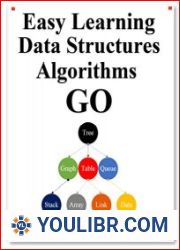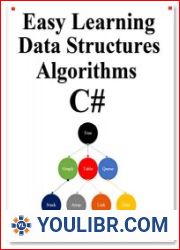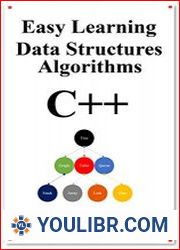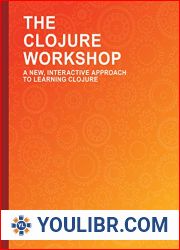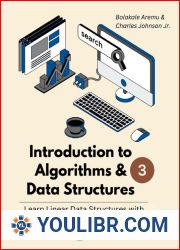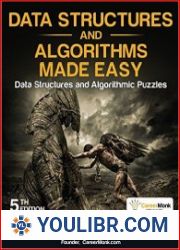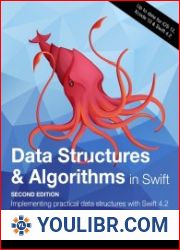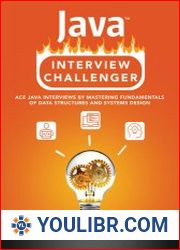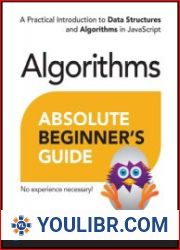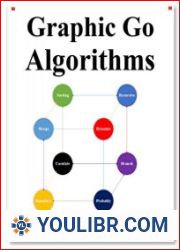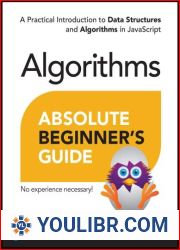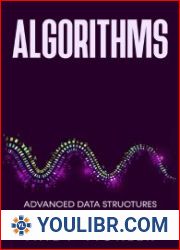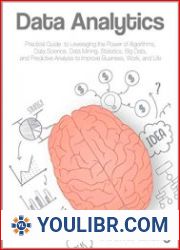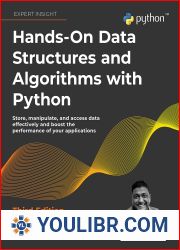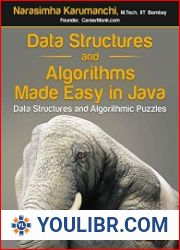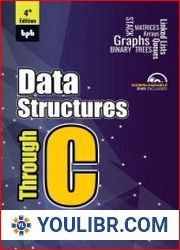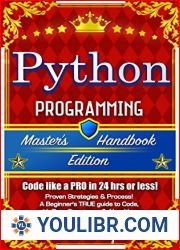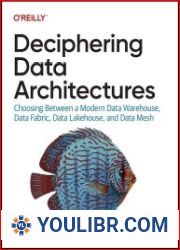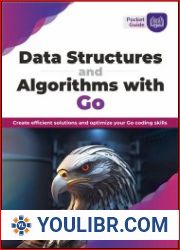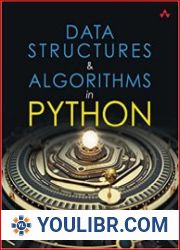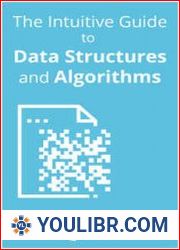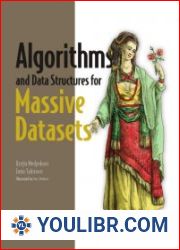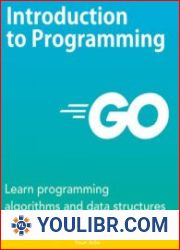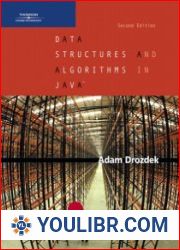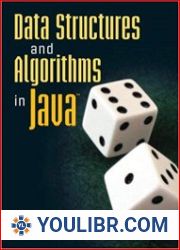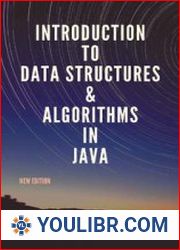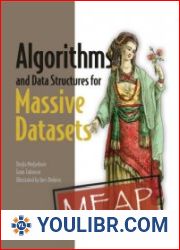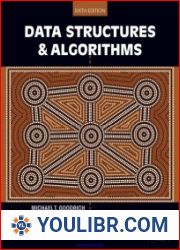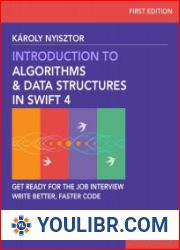
BOOKS - Clojure Data Structures and Algorithms Cookbook

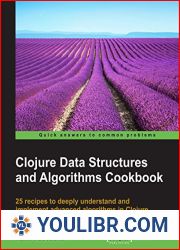
US $7.47

880113

880113
Clojure Data Structures and Algorithms Cookbook
Author: Rafik Naccache
Year: August 19, 2015
Format: PDF
File size: PDF 1.7 MB
Language: English
Year: August 19, 2015
Format: PDF
File size: PDF 1.7 MB
Language: English
Data-structures and algorithms often cross your path when you compress files, compile programs, access databases, or simply use your favourite text editor. Understanding and implementing them can be daunting. Curious learners and industrial developers can find these complex, especially if they focus on the detailed implementation of these data structures.Clojure is a highly pragmatic and expressive language with efficient and easy data manipulation capabilities. As such, it is great for implementing these algorithms. By abstracting away a great share of the unnecessary complexity resulting from implementation, Clojure and its contrib libraries will help you address various algorithmic challenges, making your data exploration both profitable and enjoyable.Through 25 recipes, you'll explore advanced algorithms and data-structures, well served by a sound Clojure implementation.This book opens with an exploration of alternative uses of the array data-structure, covering LZ77 compression, drawing fractals using Pascal's triangles, simulating a multi-threaded program execution, and implementing a call-stack winding and un-winding operations.The book elaborates on linked lists, showing you how to construct doubly linked ones, speed up search times over the elements of such structures, use a linked-list as the foundation of a shift-reduce parser, and implement an immutable linked-list using skew binary numbers representation.After that, the tree data-structure is explored, focusing on building self-balancing Splay Trees, designing a B-Tree backing-up an efficient key-value data-store, constructing an undo capable Rope, and showing how Tries can make for an auto-completing facility.Next, some optimization and machine learning techniques are discussed, namely for building a co-occurrence-based recommendation engine, using branch-and-bound to optimize integral cost and profit problems, using Dijkstra's algorithm to determine optimal paths and summarizing texts using the LexRank algorithm.Particular attention is given to logic programming, you will learn to use this to discover interesting relations between social website data, by designing a simple type inferencer for a mini Java-like language, and by building a simple checkers game engine.Asynchronous programming will be addressed and you will design a concurrent web-crawler, an efficient Clojure source files indexer, and an online taxi booking platform.Finally, you'll discover how higher order functions can be used in Clojure to achieve compoundable and reusable transformations including tweaking nrepl to deliver evaluations by e-mail and simulating a firewall or a mail inbox processor using new Clojure 1.7's transducers.







